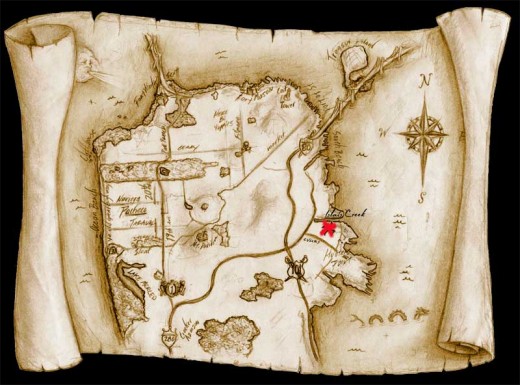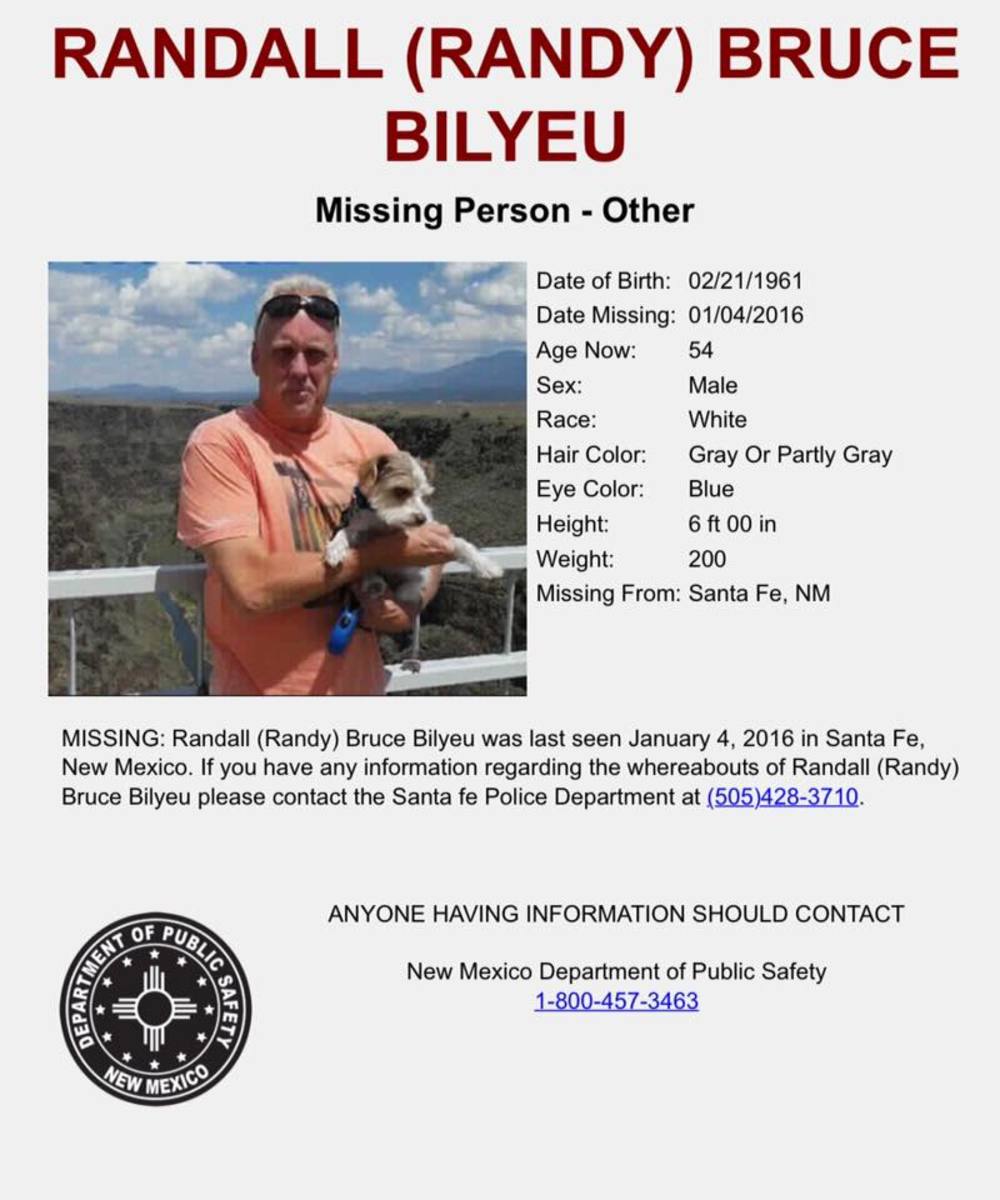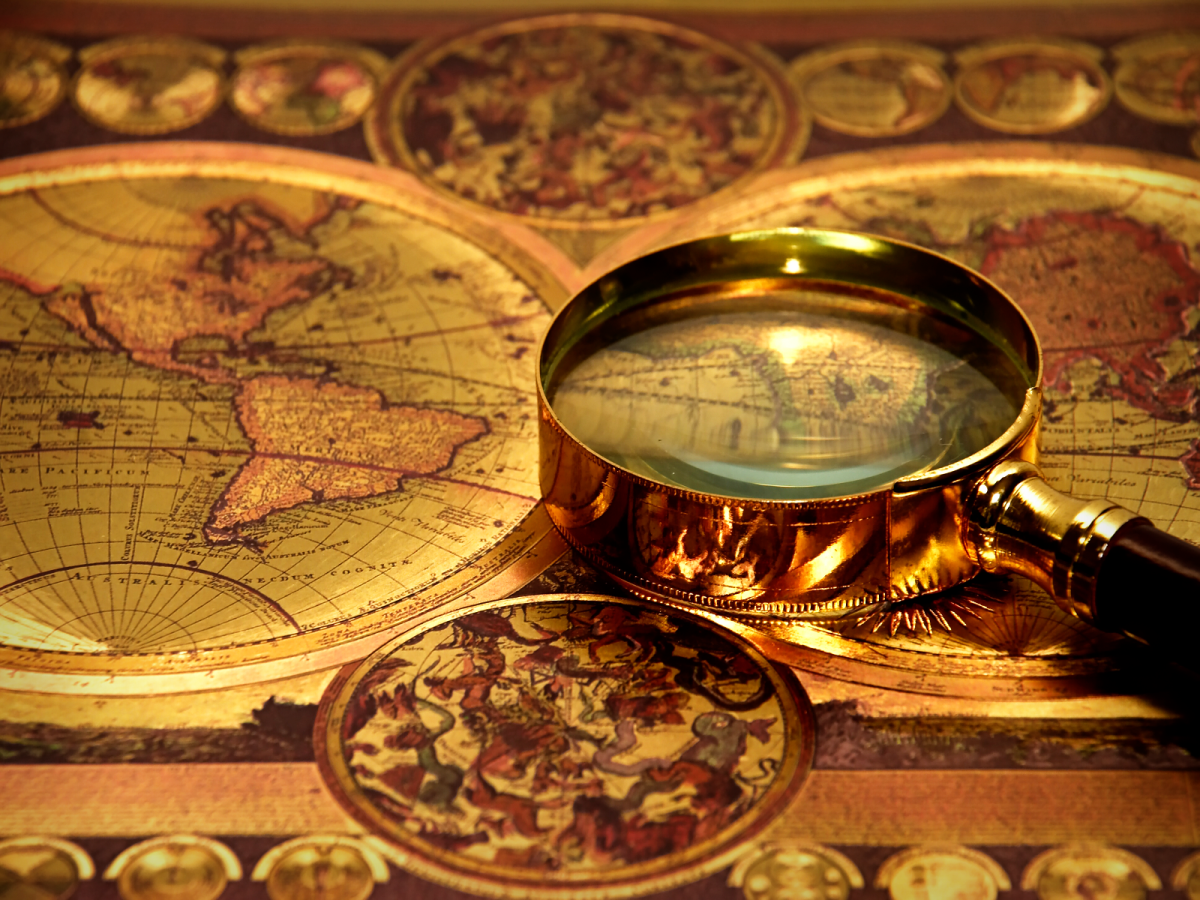How to become an underwater treasure hunter

So you want to become a treasure hunter
Lucrative. This is the one word that I think of when I think of treasure hunting. You can make a whole bunch of money if you find a loaded hull. I will soon give you some tips and ideas that could allow you to become a legal and legit treasure hunter. There are steps involved however, and you cannot just jump into the ocean and expect to land the cheddar.
Think about the costs and time dedication you will need to make
There are many costs that are involved with treasure hunting and none of them come cheap. You will need a boat or many boats, depending on the size of your venture. You will need a crew, dive gear, sophisticated GPS, equipment to find and excavate any treasure you may come across, lawyers, fuel, food, places to dock and dry dock your boat, and much more.
You will also need to dedicate much of your life to your adventure. You don't just find treasure. You need to know where to look. In order to do this, you need to research and read many books and logs. There are hundreds of shipwrecks out there in international waters just waiting to be found, but you need to know where to start looking. This takes time.
Learn the tricks of the trade
You need to learn how to drive a boat or at least hire someone who already knows. This is important because if your boat doesn't leave shore, you will never find a hull. Also, you should learn to dive. I suggest taking a look at PADI. This is the standard for divers worldwide. Diving is essential in underwater excavation as you might have guessed.
You need to learn to use all of the tools at your disposal. One of the most important and quickest ways to find things on the bottom of the sea is to use "mailboxes". These are giant tubes that lower over your propellers to redirect the current generated by your propellers to the bottom to blow away sand and junk. It is a quick and efficient way to clear the way for you to go down and take a look at what was below the sands and silt. You should also learn how to use lifts and different pulley mechanisms. If your budget allows, you can get some really nice sophisticated computer equipment using sonar and other things that give you an edge. Again, it requires another learning curve.
Get a lawyer who knows the laws of salvaging
There are many laws in place about salvaging and you should make sure that you have someone who knows them and is good in the courts. If you find a hull with $600,000,000 worth of gold and silver bars and coins, you better know that whatever country owned that ship before is going to come knocking on your doors laying claim. This happened to Odyssey in a court case with spain.
So in short, a lawyer with good knowledge of the underwater salvage laws will come in handy.
Largest Shipwreck Treasure Find Ever
In a nutshell...
That is the basics for becoming a new underwater treasure hunter. If you are not afraid of the start-up costs, learning to dive, risking a lot of money, and fighting with other countries for claim, then this may be the career for you. Once you find treasure though, make sure you know a way to monetize it. Museums and private sales are a good way to start.
There are other great treasure hunters out there that have become very successful. If you are interested, I suggest you read about famous people such as Mel Fisher who found the lost treasure ship " Nuestra Señora de Atocha". He was an inspiring man.
I wish you the best of luck on your future endeavors.









